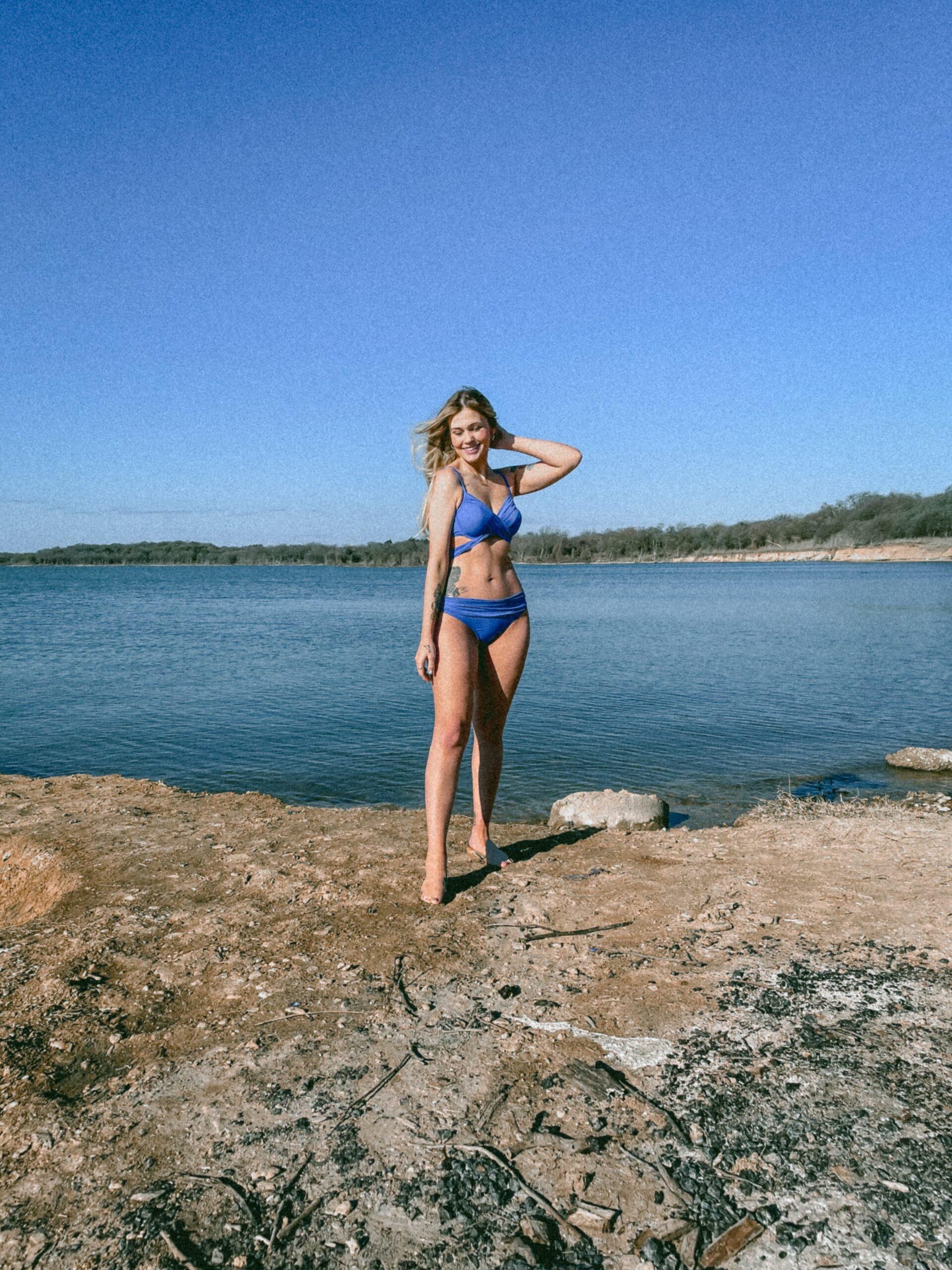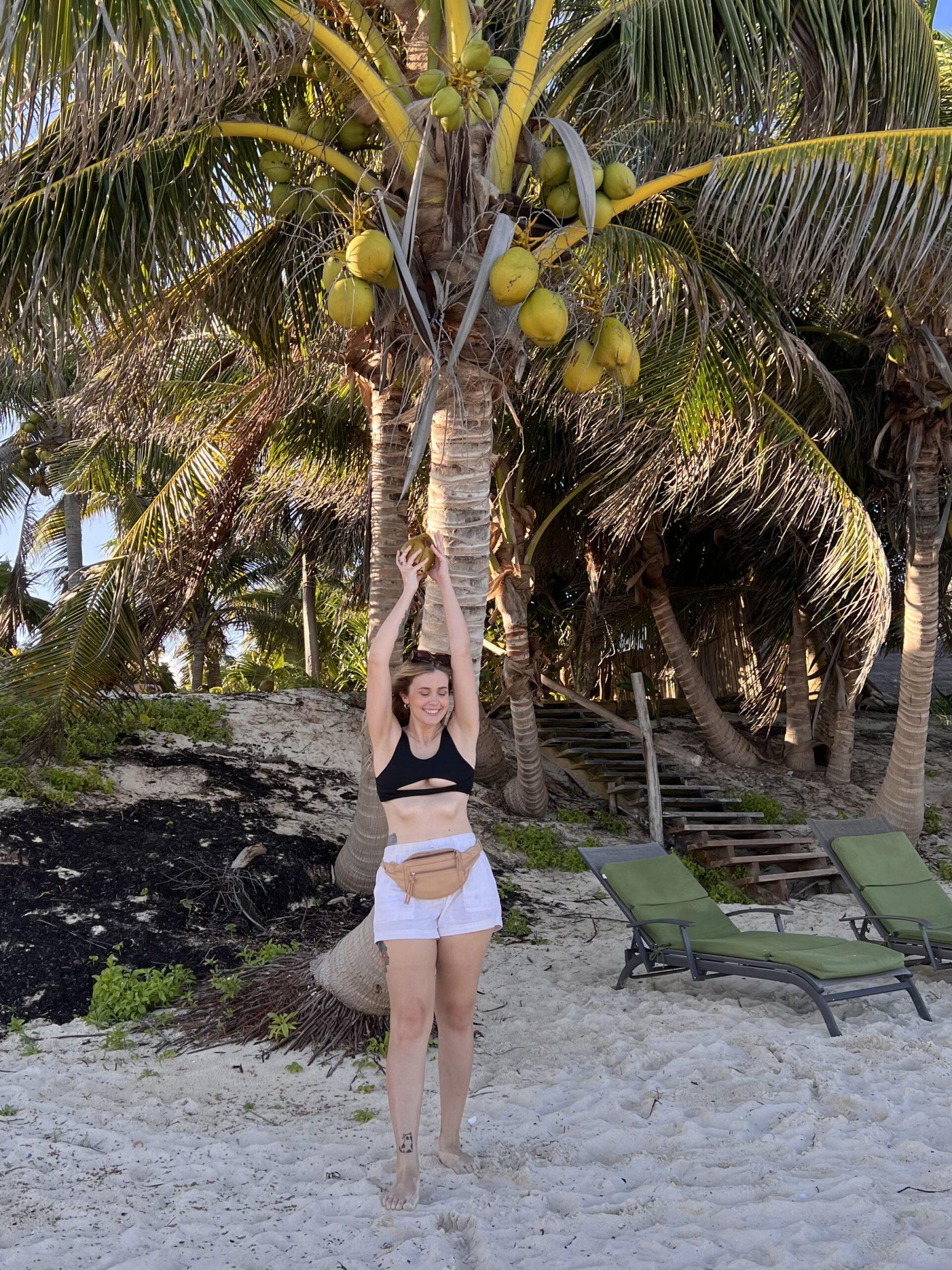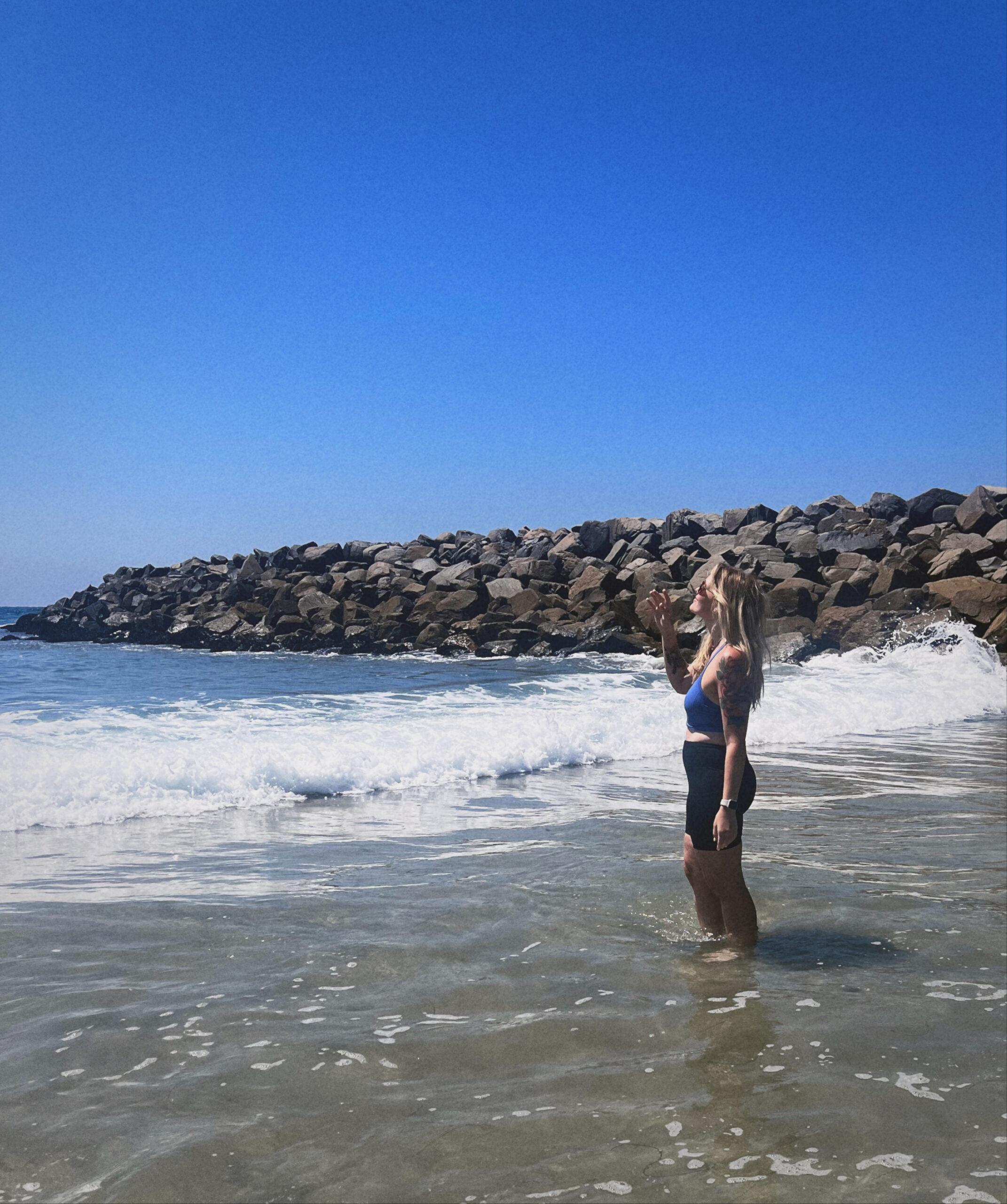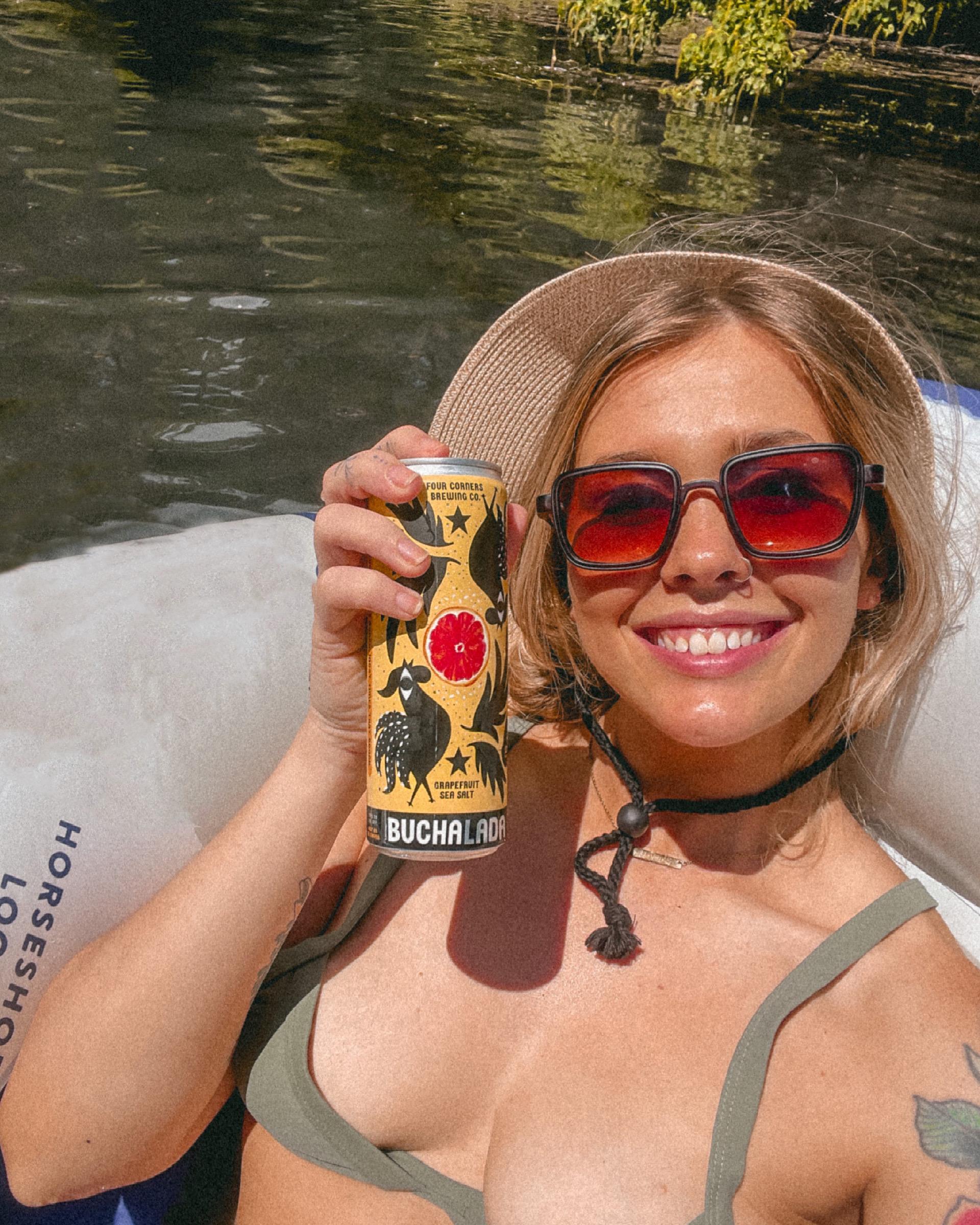Expert Dermatologist Tips for Choosing the Best Sunscreen for Your Skin Type

Sunscreen is an essential tool in protecting your skin from the harmful effects of the sun’s ultraviolet (UV) rays. But with so many different types of sunscreen available, choosing the right one can be a daunting task. In this article, we’ll explore how to choose the best sunscreen for your skin type and lifestyle, with expert tips from dermatologists. We’ll also provide a list of top-rated sunscreens based on the opinions of dermatologists and skincare experts.

Understanding Sunscreen:
Sunscreen works by either absorbing or reflecting UV rays, preventing them from penetrating the skin. There are two types of UV rays: UVA and UVB. UVA rays are responsible for skin aging, while UVB rays cause sunburn. To ensure optimal protection, choose a sunscreen that protects against both types of UV rays.
Choosing the Right SPF:
SPF (Sun Protection Factor) is a measure of a sunscreen’s ability to protect the skin from UVB rays. The higher the SPF, the more protection the sunscreen provides. Dermatologists recommend using a sunscreen with an SPF of at least 30. However, a higher SPF doesn’t necessarily mean better protection, as the difference in protection between an SPF 30 and SPF 50 is only about 1%.
Consider Your Skin Type:
Everyone’s skin is different, so it’s important to choose a sunscreen that is tailored to your specific needs. If you have oily or acne-prone skin, look for a sunscreen that is oil-free and non-comedogenic. If you have dry or sensitive skin, choose a sunscreen that is fragrance-free and hypoallergenic. If you have darker skin, you may need sunscreen that contains ingredients that help prevent hyperpigmentation.
Here are some tips on how to choose a sunscreen based on your skin type:
- For oily or acne-prone skin: Look for oil-free or non-comedogenic sunscreens that won’t clog your pores. Avoid heavy, creamy formulas that may exacerbate oiliness.
- For dry skin: Choose a moisturizing sunscreen that contains hydrating ingredients like glycerin or hyaluronic acid. Look for creamy or lotion-like formulations that will provide additional hydration.
- For sensitive skin: Opt for fragrance-free and hypoallergenic sunscreens that are less likely to irritate your skin. Mineral-based sunscreens, which contain ingredients like zinc oxide and titanium dioxide, may be less irritating than chemical sunscreens.
- For darker skin tones: Consider using a tinted sunscreen to avoid the white cast that can be left by some sunscreens. Look for formulas that blend well with your skin tone and won’t leave a residue.
- For children: Use a sunscreen that is specifically formulated for children and is water-resistant. Look for broad-spectrum protection with an SPF of 30 or higher.
- For sports or outdoor activities: Choose a water-resistant sunscreen with a high SPF that will stay on during physical activity and sweat.
When choosing a sunscreen, it’s also important to consider the expiration date and to apply it generously and frequently. Dermatologists generally recommend using a shot glass-sized amount of sunscreen for the entire body, and reapplying every two hours or immediately after swimming or sweating.
Here are some of the best sunscreens recommended by dermatologists:
- EltaMD UV Clear Facial Sunscreen SPF 46: This oil-free, lightweight sunscreen is ideal for acne-prone or sensitive skin.
- La Roche-Posay Anthelios 60 Melt-In Sunscreen Milk: This water-resistant sunscreen provides broad-spectrum protection and is suitable for all skin types.
- Neutrogena Ultra Sheer Dry-Touch Sunscreen SPF 100+: This fast-absorbing sunscreen is non-greasy and provides long-lasting protection.
- Supergoop! Everyday Sunscreen SPF 50: This moisturizing sunscreen contains antioxidants and is suitable for all skin types.
- Blue Lizard Australian Sunscreen Sensitive SPF 30+: This mineral-based sunscreen is gentle on sensitive skin and is free of parabens and fragrances.
Sources:
- How to choose face sunscreen: dermatologist tips. (2021). Boston University.
- How to pick the best sunscreen for skin types. (2019). Forbes.
- How to choose sunscreen according to skin type. (2021). Derma Essentia.
- How to select sunscreen. (n.d.). American Academy of Dermatology.
- Sunscreens: Safe and effective?. (2012). Harvard Health Publishing.
- Best sunscreen: Understand sunscreen options. (2021). Mayo Clinic.







